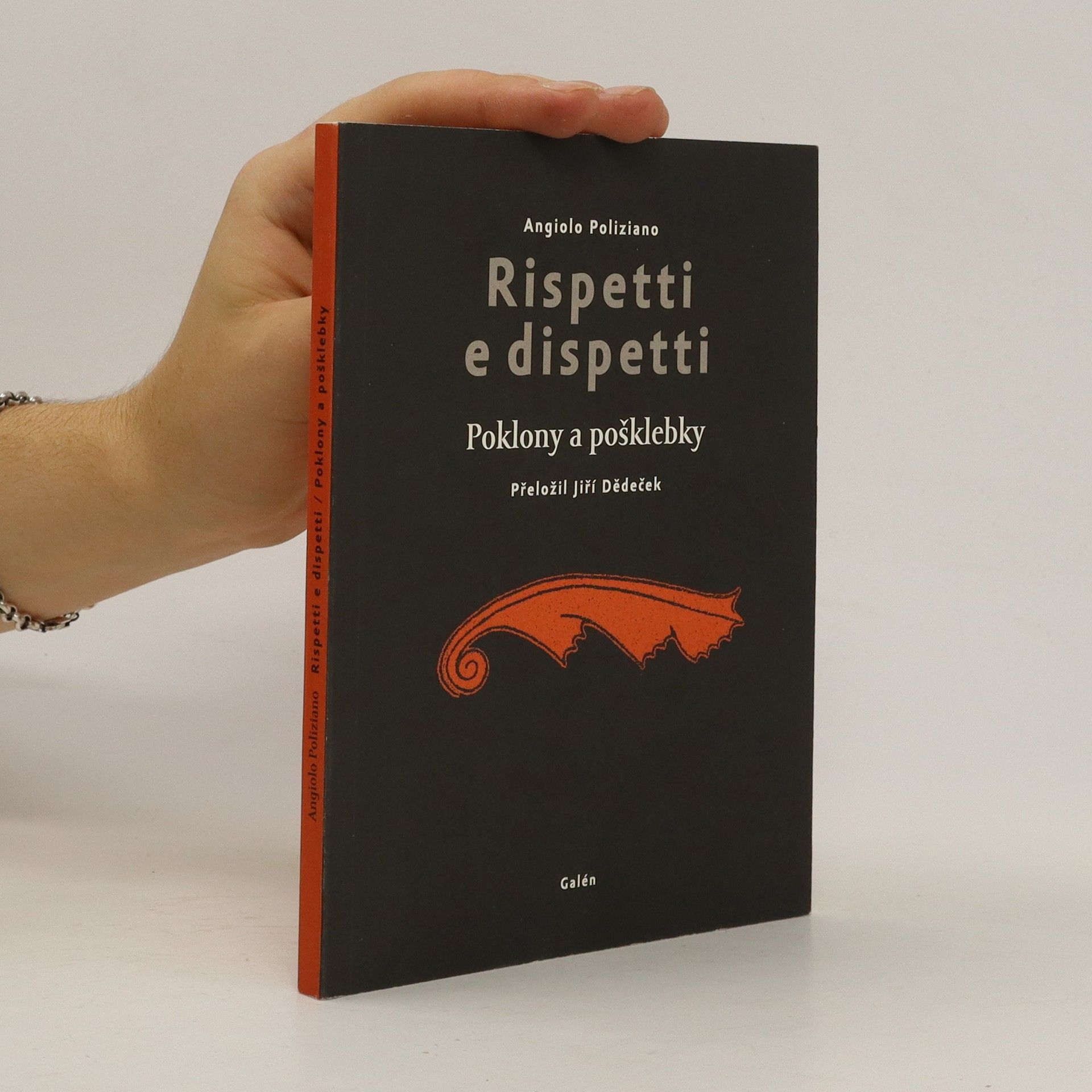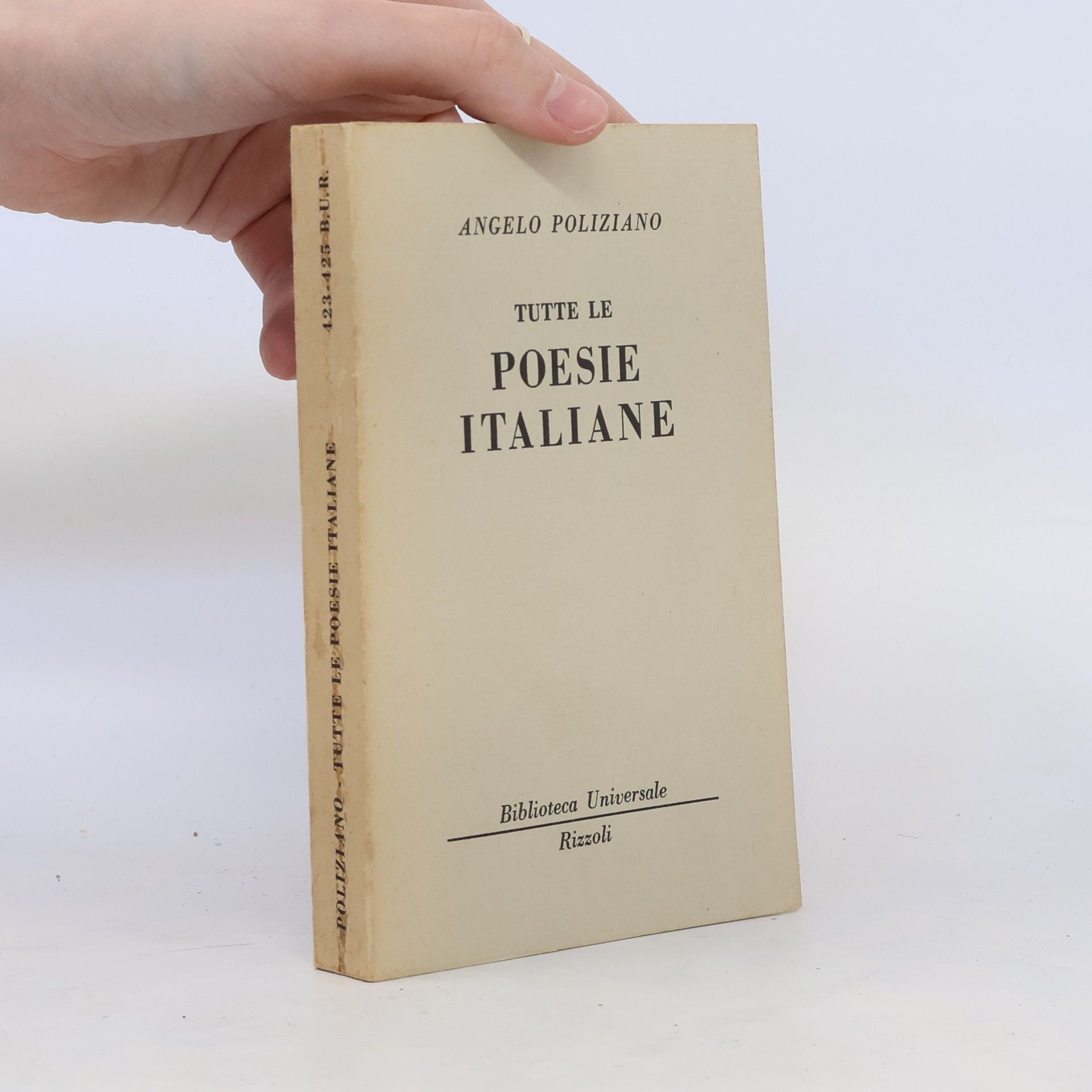Miscellanies, Volume 1
- 672 pages
- 24 hours of reading
In the Miscellanies, the great Italian Renaissance scholar-poet Angelo Poliziano penned two sets of mini-essays focused on lexical or textual problems. He solves these with his characteristic deep learning and brash criticism. The two volumes presented here are the first translation of both collection into any modern language.




